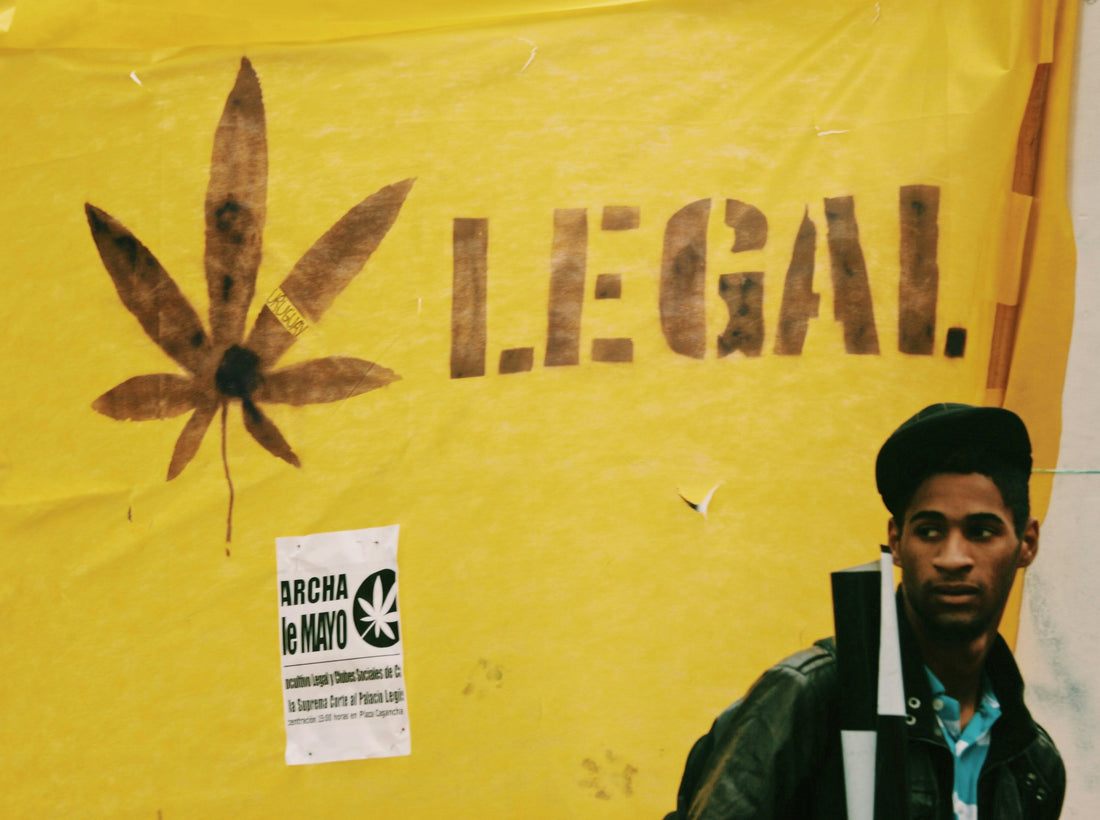
GreenBlog#7 Portugal & Cannabis: What Decriminalization Really Means
Share
A Bold Policy Shift That Changed the Global Conversation
In 2001, Portugal made headlines around the world by becoming the first country to decriminalize the personal use of all drugs, including cannabis. 🌿 While this decision sparked controversy at the time, it has since been widely studied and praised as a progressive and pragmatic approach to drug policy.
But what does “decriminalization” actually mean in the Portuguese context? And what role does cannabis play in this groundbreaking model?
⚖️ Decriminalization ≠ Legalization
One of the biggest misconceptions about Portugal’s drug policy is that drugs are “legal.” This is not the case. In Portugal:
-
Cannabis possession is still illegal, but not a criminal offense if it’s for personal use (defined as up to 25g of herb or 5g of hash).
-
Individuals caught with small amounts are not arrested or prosecuted.
-
Instead, they are referred to a “Dissuasion Commission” — a multidisciplinary panel (legal, medical, social) that assesses whether intervention, education, or treatment is appropriate.
👉 This model focuses on public health over punishment, treating drug use as a medical and social issue rather than a criminal one.
📉 Results: Health Over Harm
More than two decades after implementation, Portugal's decriminalization model has yielded measurable public health benefits, including:
-
🔽 Reduced drug-related deaths
-
🔽 Lower HIV transmission rates among drug users
-
🔼 Increased access to addiction treatment and harm reduction services
-
📉 No significant increase in overall drug use
Importantly, cannabis consumption in Portugal has remained relatively stable, especially among young adults — contradicting fears that decriminalization would lead to spikes in use.
🌿 Cannabis: Decriminalized, But Still Regulated
While Portugal decriminalized possession for personal use, it did not legalize cannabis sales or cultivation. That means:
-
🚫 Recreational cannabis remains unregulated and untaxed.
-
🧑⚕️ Medical cannabis was legalized in 2018 and is available via prescription under strict conditions.
-
👮 Police still confiscate cannabis if found, but users are no longer funneled into the criminal justice system.
This middle-ground approach has opened the door to further conversations about full legalization and regulation — especially as more EU countries, like Germany and the Netherlands, begin to move in that direction.
🌍 Global Influence: A Model for Reform?
Portugal's drug policy has become a case study in harm reduction, influencing debates in countries from Canada to Colombia. While the system is not without challenges — such as inconsistent access to treatment and ongoing stigma — it remains a powerful example of how decriminalization can work without increasing harm.
As the global cannabis landscape evolves, Portugal’s experience offers valuable insights:
-
✅ Punishment doesn’t solve addiction
-
✅ Evidence-based policy can reduce harm
-
✅ Cannabis reform can be smart, safe, and socially responsible
🚀 Looking Ahead
There is growing public and political interest in revisiting Portugal’s cannabis laws — not just for decriminalization, but for full regulation. Advocates argue that a legal, controlled cannabis market could reduce black market activity, improve product safety, and generate public revenue.
Whether Portugal takes that next step remains to be seen — but one thing is clear:
Decriminalization was not the end of the conversation — it was just the beginning.
💡 Conclusion
Portugal’s cannabis policy is a real-world example of humane, science-based drug reform. While not perfect, it has inspired a shift in how nations view drug use — away from criminality, and toward compassion, health, and education. 🌍
The world is watching — and learning.